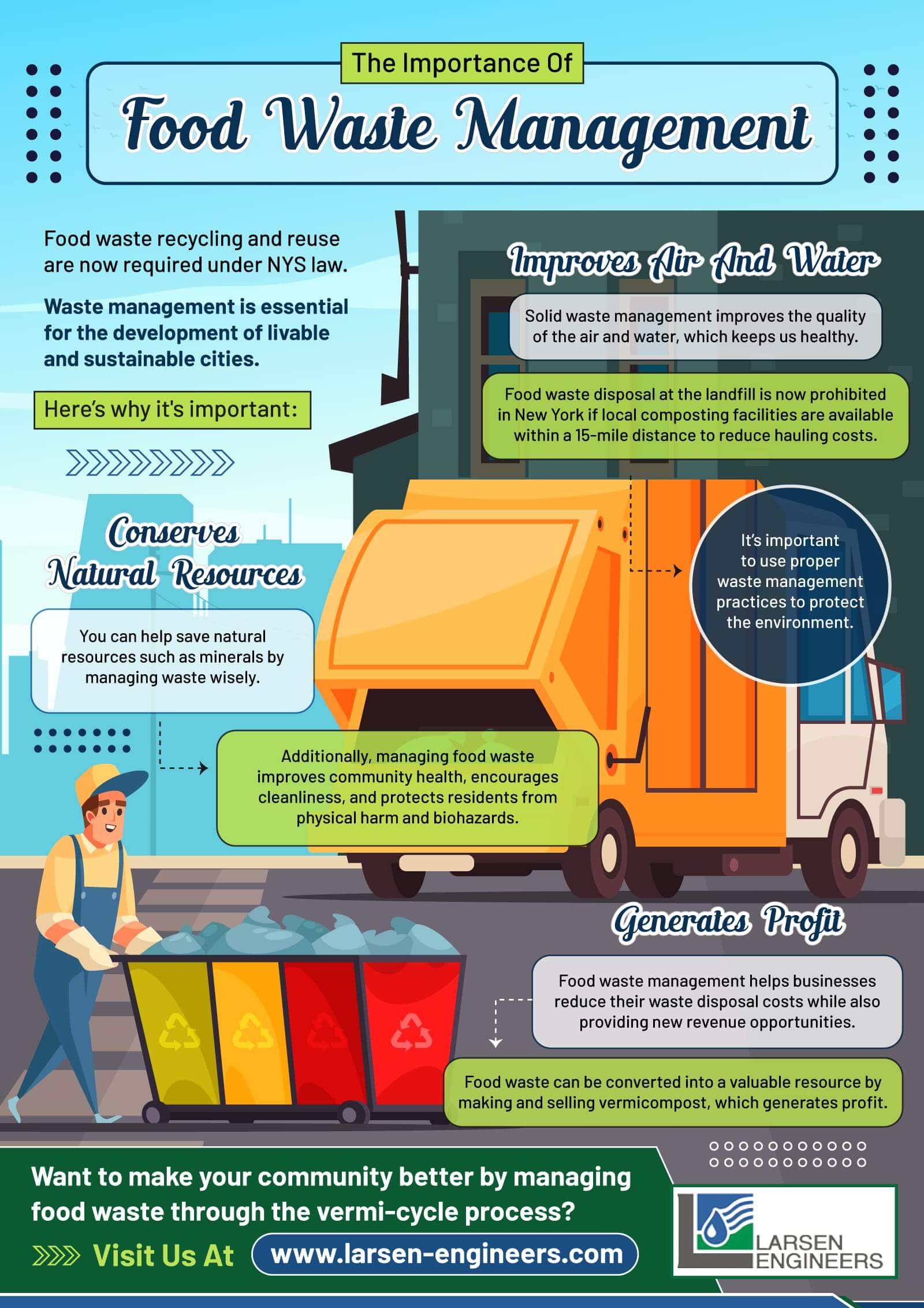Reclaim Waste Things To Know Before You Buy
The Best Strategy To Use For Reclaim Waste
Table of ContentsThe 30-Second Trick For Reclaim WasteReclaim Waste Fundamentals ExplainedOur Reclaim Waste IdeasThe Ultimate Guide To Reclaim WasteThe 6-Second Trick For Reclaim Waste
Discover the kinds, events, and kinds of fluid waste. Domestic sewer waste describes the waste and products from a property sewage-disposal tank. This sort of waste is produced by human beings in residences, colleges, and other structures. This only consists of septic systems that have a drain area. The appropriate administration and disposal of residential sewage waste require fluid waste to be moved to a sewer therapy plant where the proper methods and tools are used to detoxify and take care of waste.
Business waste typically consists of possible threats, such as combustible materials or a blend of fluid and solid waste items, and needs an extra sophisticated and detailed disposal procedure. The disposal of commercial waste usually entails the purification of waste prior to transport to make certain safe and correct disposal. Industrial waste is produced from byproducts and drainage of industrial procedures and manufacturing.
This kind of waste can not make use of the exact same sewage monitoring transport or processes as septic or commercial fluids. The industrial waste management procedure needs the assessment and screening of fluid waste before it goes through the disposal process (liquid waste disposal). Runoff waste is the fluid waste that originates from drainage and excess stormwater in highly populated areas or cities
Overflow waste can create contamination and flooding otherwise handled correctly. Learn a lot more concerning drain cleansing and waste management. Ensuring proper waste management can prevent calamities and lower ecological damage. Both individuals in domestic settings and experts in business or production markets can gain from understanding the procedures and policies of liquid waste management.
The Main Principles Of Reclaim Waste
Get in touch with PROS Services today to find out about our waste management and disposal solutions and the proper methods to care for the fluid waste you produce.
(https://www.edocr.com/v/pd6avrzq/leonaube33101/reclaim-waste)This supposed 'wastewater' is not only a vital source but, after therapy, will be released to our land, waterways or the sea. Utilized water from toilets, showers, bathrooms, kitchen area sinks, laundries and commercial processes is known as wastewater.

water utilized to cool equipment or clean plant and devices). Stormwater, a type of wastewater, is drainage that flows from farming and city locations such as roof coverings, parks, yards, roadways, courses and gutters right into stormwater drains, after rain. Stormwater streams unattended straight to neighborhood creeks or rivers, eventually getting to the sea.
Getting My Reclaim Waste To Work
In Queensland, most wastewater is treated at sewage therapy plants. Wastewater is transferred from residential or commercial sites with a system of sewage systems and pump terminals, understood as sewerage reticulation, to a sewer therapy plant. City governments build, preserve and operate most sewage treatment plants. Operators are certified under the Environmental Defense Act 1994 to discharge treated wastewater at an acceptable environmental requirement into click here for more info waterways.
The Department of Natural Resources advises neighborhood governments concerning handling, operating and maintaining sewage systems and treatment plants. In unsewered locations, neighborhood federal governments might call for owners to mount private or family sewage therapy systems to deal with domestic wastewater from commodes, kitchen areas, bathrooms and washings. The Department of Natural Resources authorizes making use of family systems when they are shown to be effective.
In some new class, treatment of some stormwater to eliminate trash, sand and crushed rock has begun making use of gross pollutant catches. Wastewater therapy occurs in four stages: Gets rid of solid issue.
Uses small living microorganisms knows as micro-organisms to break down and eliminate remaining liquified wastes and fine fragments. Micro-organisms and wastes are included in the sludge.
The Best Strategy To Use For Reclaim Waste
Nutrient elimination is not offered in any way sewer therapy plants since it needs costly specialised equipment. It is coming to be more common in Queensland. Clear fluid effluent created after therapy may still include disease-causing micro-organisms. If this effluent is released into rivers such as rivers or the sea, the micro-organisms will ultimately die out.

This usually means wastewater has to be dealt with or pollutants eliminated prior to it can be released to rivers. Many wastewater flows right into the sewerage system. Under the Act, city governments provide approvals and permits for ecologically appropriate activities (Ages) including wastewater releases that could have a regional effect. The department administers authorizations and licences to Periods including wastewater launches that could have a regional or statewide influence.
Reclaim Waste for Dummies
Surveillance offers accurate info regarding water high quality and can validate that permit problems are being met. The information gotten through surveillance provides the basis for making water high quality choices.